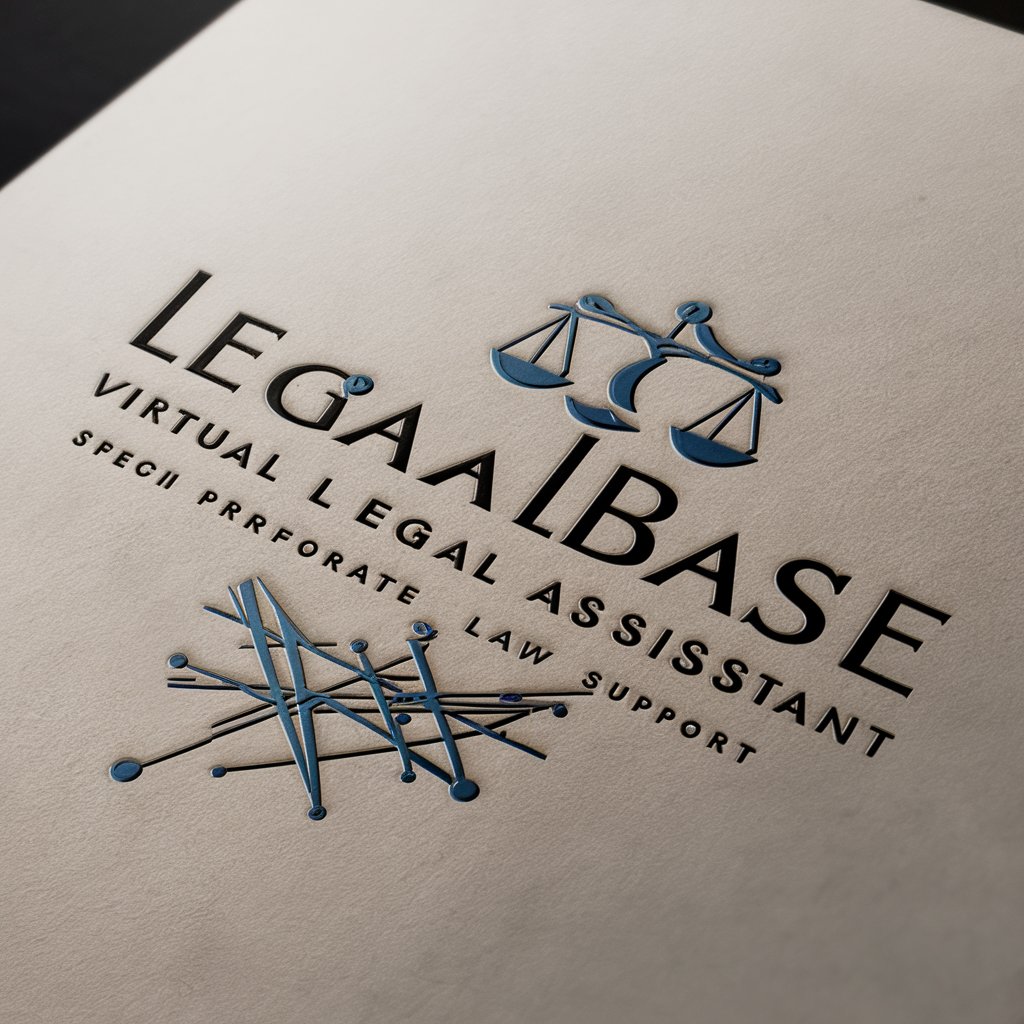Web3 Solidity Smart Contract Auditor - Smart Contract Security Audit

Welcome to the Web3 Solidity Smart Contract Auditor. Let's ensure your contracts are secure and robust.
AI-powered Solidity Security Insights
Analyze this Solidity contract for potential security vulnerabilities...
Explain the risks associated with unchecked external calls in Solidity...
Provide a detailed audit of this smart contract focusing on reentrancy attacks...
Assess the gas efficiency of the following Solidity code...
Get Embed Code
Web3 Solidity Smart Contract Auditor Overview
The Web3 Solidity Smart Contract Auditor is a specialized tool designed for the in-depth analysis and auditing of smart contracts developed in Solidity, the primary programming language for Ethereum and other EVM-compatible blockchains. This tool leverages a deep understanding of Solidity's syntax, common patterns, and potential security vulnerabilities to provide comprehensive security audits. It is equipped to analyze smart contracts for known vulnerabilities, coding flaws, and inefficiencies, employing both automated analysis techniques and manual review processes. Examples of its application include identifying reentrancy attacks in decentralized finance (DeFi) applications, ensuring proper access control in a multi-signature wallet, or optimizing gas usage in a token sale contract. These scenarios underscore the tool's purpose: to secure smart contracts against exploits and ensure they operate as intended. Powered by ChatGPT-4o。

Core Functions and Real-World Application
Vulnerability Identification
Example
Detecting instances of the 'Reentrancy' vulnerability, akin to the infamous DAO attack.
Scenario
In the auditing of a DeFi lending contract, this function can uncover unprotected external calls that could allow an attacker to withdraw funds repeatedly before the original transaction is recognized as complete.
Optimization Recommendations
Example
Suggesting gas optimization techniques for a token sale contract.
Scenario
By reviewing the contract's use of storage and memory, as well as its execution paths, the auditor identifies opportunities to reduce transaction costs, thereby enhancing the contract's efficiency and user experience.
Security Best Practices
Example
Ensuring the use of the latest Solidity compiler version and secure coding practices.
Scenario
For a new NFT marketplace contract, the auditor checks for adherence to current security guidelines, such as using the 'checks-effects-interactions' pattern to mitigate potential vulnerabilities.
Target User Groups
Smart Contract Developers
Developers looking for an in-depth review of their code prior to deployment. They benefit from detailed insights into potential vulnerabilities and optimization opportunities to refine their contracts.
Blockchain Security Firms
Security teams within firms specializing in blockchain technology use the auditor to enhance their service offerings, providing comprehensive audits and reinforcing their clients' trust in their security measures.
DeFi and NFT Projects
Projects in these sectors often involve complex smart contracts managing significant value. The auditor helps ensure these contracts are secure and efficient, safeguarding user assets and maintaining project credibility.

Guidelines for Utilizing Web3 Solidity Smart Contract Auditor
Initiate Free Trial
Begin by accessing a complimentary trial on yeschat.ai, which requires no sign-up or ChatGPT Plus subscription.
Prepare Smart Contract Code
Ensure your Solidity smart contract code is ready for analysis. This includes having a clear understanding of the contract's functionality and any specific areas of concern regarding security vulnerabilities.
Input Contract Details
Input your smart contract code into the Web3 Solidity Smart Contract Auditor interface. Provide any necessary context or specific instructions regarding the audit.
Analyze Audit Report
Review the detailed audit report provided by the tool. The report will include findings classified according to known vulnerabilities, security risks, and optimization suggestions.
Implement Recommendations
Apply the recommendations and best practices suggested in the audit report to enhance the security and efficiency of your smart contract.
Try other advanced and practical GPTs
Coffee Scout
Discover cafes tailored to your taste.

Dream Decoder
Unveil Your Subconscious, Visually.

Legalbase
Empowering Legal Work with AI

DecisionGPT
Empowering decisions with AI insight.

Author GPT - Editing and Prose writing assistant
Elevate Your Writing with AI-Powered Insights

Santa Claus
Bringing Christmas Cheer Through AI

Write Best Article to rank on Search Engine
Empowering your words with AI

Fresflor IA
Blossom with AI - Flower Care Simplified

Rough Love
Your hooligan-style AI companion

Marie Lavoie : Rédactrice Web
Empowering Your Digital Voice with AI

Property Listing Guru
Crafting Compelling Property Listings with AI

Manolo el Cuñado
Tu Cuñado Virtual para Echar el Rato

Frequently Asked Questions about Web3 Solidity Smart Contract Auditor
What types of vulnerabilities can the Web3 Solidity Smart Contract Auditor detect?
This tool is adept at identifying a wide range of vulnerabilities, including reentrancy, arithmetic overflows and underflows, improper access control, and unchecked low-level calls, among others.
Can the auditor provide optimization suggestions for gas usage?
Yes, in addition to security vulnerabilities, the auditor can offer insights into potential optimizations for reducing gas costs and improving contract efficiency.
How does the auditor classify security findings?
Findings are classified according to the severity of the potential risk they pose to the contract, ranging from informational to critical vulnerabilities.
Is it possible to audit contracts that interact with other contracts?
Yes, the auditor can analyze contracts that interact with other contracts, but it's essential to provide the context and details of these interactions for a comprehensive audit.
How should one act on the auditor's findings?
It's crucial to carefully review each finding, understand the potential impact, and implement the recommended changes to mitigate risks and enhance contract security.
